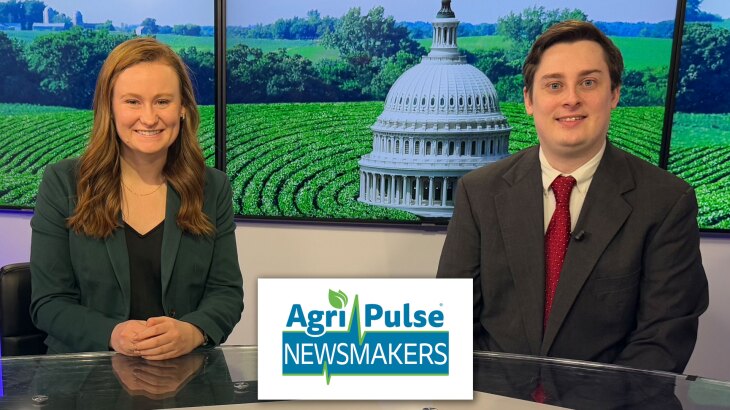Recent high temperatures are impacting herbicides.
A Weed Specialist at Kansas State University, Sarah Lancaster, shares the biology to keep in mind when considering herbicide use in the summer months.
She says that applying in the early morning allows plants to recover from heat stress before application. That allows herbicides to reach active sites, killing weeds effectively.
Also, consider using maximum labeled rates to help more spray solutions get into the plant. Postpone application of contact herbicides in temperatures over 90 degrees and avoid using Group 4 products such as dicamba in similar conditions to limit evaporation.
Related Stories
Producers across the country spent the week balancing spring planning with tight margins and uneven moisture outlooks. Input purchasing stayed cautious, while marketing and cash-flow decisions remained front and center for many operations.
Federal assistance has helped, but the most recent row-crop losses remain on producers’ balance sheets.
Rebuilding domestic textiles depends on automation and vertical integration, not tariffs or legacy manufacturing models.
The EPA has approved over-the-top dicamba applications for the 2026 and 2027 growing seasons, outlining new rules that impact herbicide use for U.S. crop producers.
Strong supplies and rising stocks point to continued price pressure unless demand accelerates.
Seasonal price patterns can inform soybean marketing timing, particularly when harvest prices appear unusually strong or weak.










